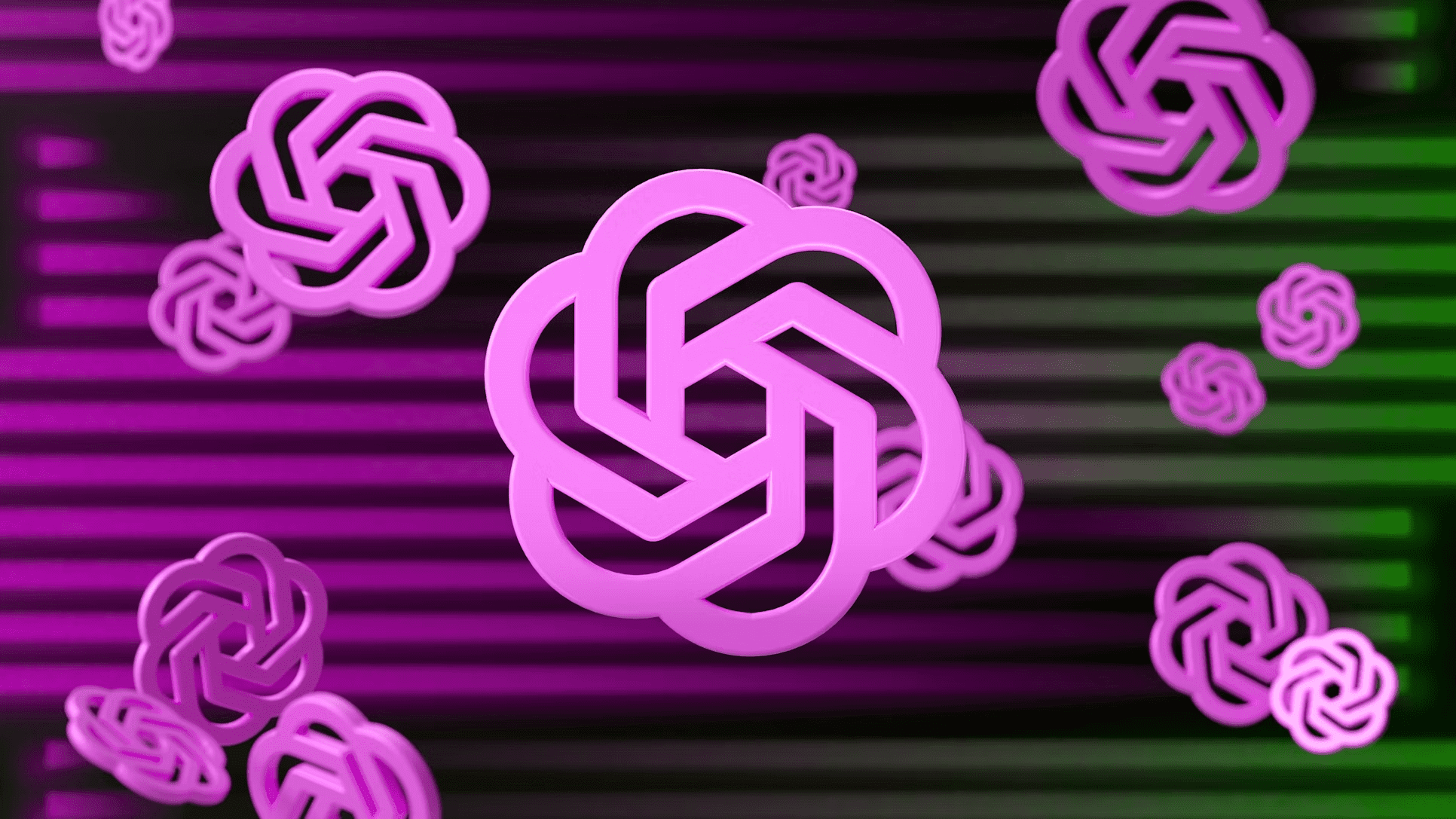AI News Bureau
OpenAI Launches Codex, Its Most Advanced AI Coding Agent Yet
Unlike traditional code assistants, Codex operates in a secure, cloud-based virtual environment where it can access connected GitHub repositories, write features, fix bugs, test code, and answer questions about a user’s codebase — all within minutes.
Written by: CDO Magazine Bureau
Updated 6:12 PM UTC, May 23, 2025

OpenAI has unveiled Codex, a powerful AI coding agent designed to handle complex software engineering tasks with minimal human input. Available now as a research preview for ChatGPT Pro, Enterprise and Team users, Codex is powered by Codex-1, a specialized version of OpenAI’s o3 reasoning model optimized for coding.
Unlike traditional code assistants, Codex operates in a secure, cloud-based virtual environment where it can access connected GitHub repositories, write features, fix bugs, test code, and answer questions about a user’s codebase — all within minutes. OpenAI says it produces “cleaner” code than previous models and can independently rerun code until it passes tests.
Codex runs in parallel with users’ existing workflows, allowing multitasking without interruptions. Tasks can be assigned via ChatGPT’s sidebar, where users can issue prompts, track progress, and interact with the tool through “Code” and “Ask” commands.
The company is already using it internally to handle routine development tasks and generate documentation.
OpenAI is also prioritizing safety. Codex refuses prompts for malicious code and operates without access to the open internet or external APIs. While this limits misuse, it may also constrain its capabilities in more complex or integrated development tasks.
The rollout begins with “generous access,” but usage caps and credit-based pricing are expected in the coming weeks. Expansion to ChatGPT Plus and Edu users is planned soon, continuing OpenAI’s strategy to embed advanced tools within the ChatGPT ecosystem.


